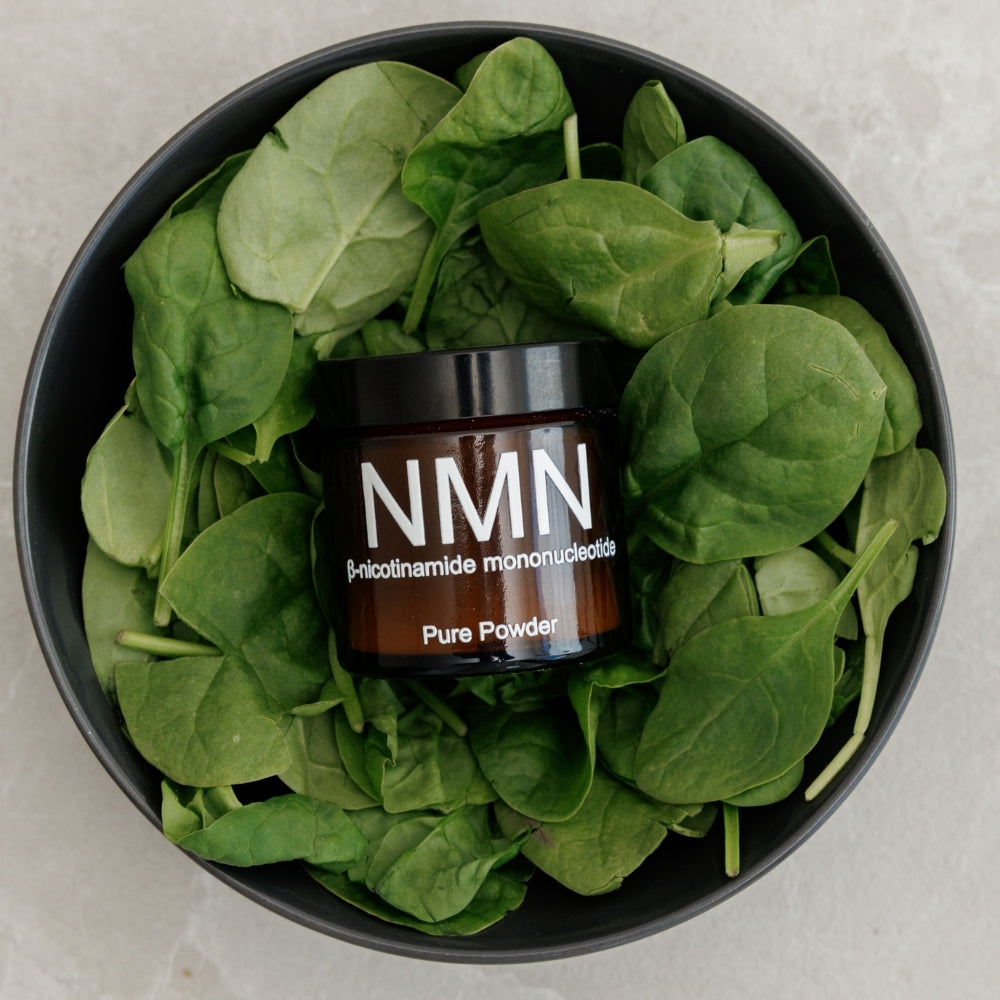Are you searching for the best natural antioxidants for skin, heart, and brain health? Resveratrol, a potent anti-aging polyphenol, is gaining attention as an antioxidant powerhouse that delivers exceptional cellular protection. Found in grapes, berries, and peanuts, this plant-based compound is celebrated for its ability to slow aging, neutralize free radicals, and support overall wellness.
What Makes Resveratrol an Antioxidant Powerhouse?
Resveratrol stands out among natural antioxidants for its dual-action approach:
- Direct Free Radical Scavenging: Resveratrol neutralizes a wide variety of reactive oxygen and nitrogen species—unstable molecules that damage DNA, proteins, and cell membranes, accelerating cellular aging.
- Boosting Cellular Defense Systems: This anti-aging polyphenol activates genes responsible for powerful antioxidant enzymes, such as superoxide dismutase, catalase, and glutathione peroxidase. These enzymes strengthen your body’s ability to withstand oxidative stress over time.
How Resveratrol Protects Your Cells
Resveratrol’s cellular protection goes beyond simple antioxidant action:
- Reduces ROS Generation: It suppresses the production of free radicals at their source, supporting mitochondrial health and reducing oxidative stress.
- Activates Longevity Pathways: Resveratrol stimulates critical cellular pathways like AMPK, SIRT1, and Nrf2. These not only enhance antioxidant defenses but also promote DNA repair, mitochondrial renewal, and cellular longevity.
- Induces Autophagy: By promoting autophagy—the cell’s internal recycling system—resveratrol helps eliminate damaged cellular components, supporting tissue regeneration and healthy aging.
Resveratrol vs. Vitamin C: The Antioxidant Showdown
|
Feature |
Resveratrol |
Vitamin C |
|
Mechanism |
Direct and indirect antioxidant action; upregulates cellular defense genes |
Direct antioxidant (electron donor); regenerates other antioxidants |
|
Duration of Action |
Longer-lasting, fat-soluble, multi-pathway |
Rapid, water-soluble, short-acting |
|
Additional Benefits |
Anti-inflammatory, anti-cancer, cardiovascular, cognitive support, anti-aging |
Immune support, collagen synthesis, skin health |
|
Antioxidant Potency |
Neutralizes a broader spectrum of free radicals, regulates antioxidant enzymes |
Strong, rapid free radical scavenger |
While both nutrients are potent antioxidants, resveratrol’s ability to neutralize free radicals is often considered superior, especially due to its multi-pathway approach and longer-lasting effects in the body. Some sources suggest resveratrol can neutralize up to five times more free radicals than vitamin C, making it a compelling choice for those seeking robust, sustained cellular protection.
Related Reading:
- Top 10 Antioxidants for Healthy Aging
- How to Choose the Best Resveratrol Supplement
Anti-Aging Polyphenol: Slowing Down Cellular Aging
Resveratrol’s anti-aging benefits are well-documented:
- Protects Skin and Organs: Shields skin from UV-induced damage, reduces inflammation, and stimulates collagen production, resulting in fewer wrinkles and improved skin elasticity.
- Supports Brain and Heart Health: Reduces oxidative stress and inflammation, helping protect the brain from neurodegeneration and supporting cardiovascular function.
- Delays Age-Related Decline: Regulates key longevity genes and supports mitochondrial function, helping delay the onset of age-related diseases and cellular senescence.
Frequently Asked Questions (FAQ)
Q: What is resveratrol?
A: Resveratrol is a natural polyphenol found in grapes, berries, and peanuts, known for its powerful antioxidant and anti-aging properties.
Q: How does resveratrol slow aging?
A: Resveratrol protects cells from oxidative damage, activates longevity genes, and promotes cellular repair, helping to delay visible and internal signs of aging.
Q: Is resveratrol better than vitamin C for antioxidants?
A: While both are effective, resveratrol offers longer-lasting, multi-pathway antioxidant protection and can neutralize a broader range of free radicals than vitamin C.
Q: What are the best natural sources of resveratrol?
A: Grapes (especially red), blueberries, cranberries, and peanuts are among the richest natural sources.
Q: Should I take a resveratrol supplement?
A: Consult your healthcare provider before starting any new supplement, especially if you have underlying health conditions or take medication.
Conclusion
Resveratrol’s unique ability to directly neutralize free radicals and activate the body’s own antioxidant defenses makes it a standout antioxidant powerhouse and a natural ally in the fight against cellular aging. Whether you want to protect your skin, support your heart and brain, or simply age more gracefully, resveratrol offers a science-backed approach to cellular protection and longevity.
Always consult a healthcare professional before starting any new supplement regimen.
Enjoyed this article?
Share it with friends, leave a comment below, or subscribe for more science-backed tips on healthy aging!



